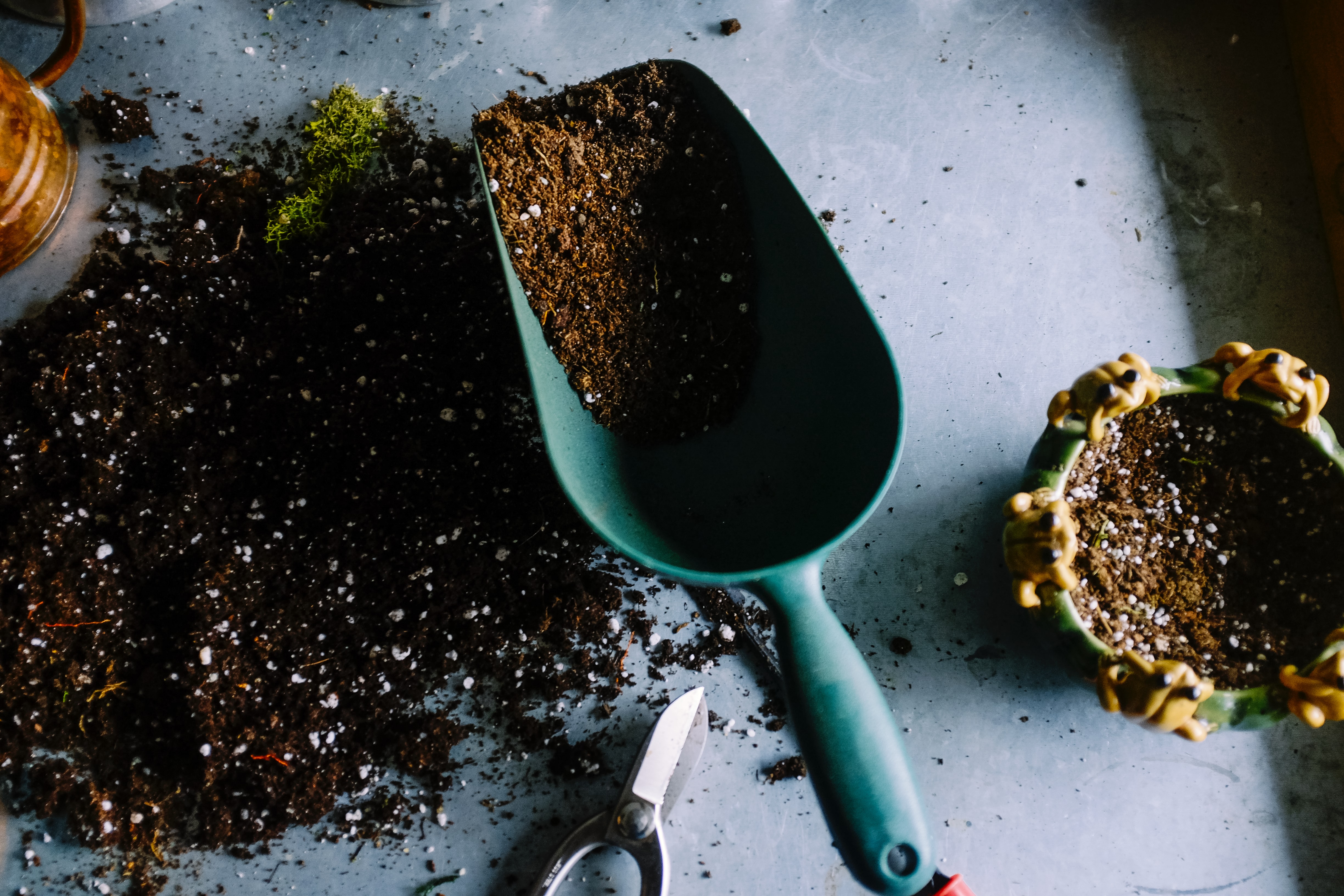Peat-Reduced Gardening – These Substrates Are More Sustainable

Peat-Reduced Gardening–
These Substrates Are More Sustainable
There are different solutions for commercial horticulture or ornamental and vegetable gardens. This article talks about the new developments in soil and substrates.
One 180-degree turn, please
The history of the growing medium is young and exciting. In the 1920s, it was discovered that peat could not only be burned, but was also a favorable and fertile basis for growing media. The high water storage capacity with nevertheless good aeration of the planting substrate is still unparalleled today.
It is now known that the draining of peatlands not only destroys biotopes, but also allows very large quantities of CO2 to escape into the atmosphere. Therefore, especially the use in the hobby plant sector can no longer be justified today; for professional horticulture, many peat-reduced or peat-free substrate mixtures are currently being developed and tested.
Use what is there
Volker Gerdelmann and Yasser Dergham are responsible for sales and product consulting at HUMINTECH, but they have even more in common: In the 1990s, they conducted independent research into substrate alternatives. Gerdelmann relied on wood fibers and compost early on, Dergham on waste paper. What they both had in common was the idea of recycling existing raw materials.
Since separate collection was introduced in Germany in the mid-1990s, renewable resources have been available from shrub and green waste collection, which in the right mixing ratio with, for example, bark humus, perlite and wood fibers, show good alternatives to conventional peat substrates.
When it counts
Even in the professional sector, wood fibers, wood chips processed under pressure and heat, or coconut fibers can reduce the amount of peat. These also have the advantage of having a higher pH value than peat, so that less lime needs to be added. Whether professional substrates or plant soil for the amateur gardener, the addition of nitrogen and other macro and micro minerals is essential to ensure healthy soil life; in addition, young plants need a steady and adequate supply of nutrients to develop.
Many of the properties that make peat so special in crop production are due to the humic substances it contains. Humic and fulvic acids ensure a stable soil structure, balance the soil pH, support the development of beneficial microorganisms, stimulate root growth, improve plant health, nutrient uptake and utilization, and increase water-holding capacity. Therefore, it is not surprising that some substrate manufacturers add humic acids to their soils in the form of Leonardite. Humic acids not only give off a beautiful dark color, but also add lasting value to planting substrates.
Houseplant, balcony and flower beds
In your own home and garden, it is still a good option to mix new planting soils from your own compost and last year's substrates, and fresh peat-reduced substrates with lava, for example.
Domestic wood fiber, for example from short-rotation plantations and from thinning in our forests, also requires quite a lot of energy and labor. Iyou don’t live in the tropics, it makes no sense to use coconut fiber from overseas, for which large coconut monocultures are often established. It is not advisable to use activated carbon or biochar, from which the origin is not clear; the exhaust gases from the piles and pyrolysis plants should be filtered, as they are toxic and also smell penetrating, but depending on the country’s regulations, they aren’t. If the activated carbon even comes from North-Eastern Europe, coniferous forests may be cut down and burned for it. Certified humic substances are available at Duengerexperte.de and agrarshop-online.com, where our products are also sold in small containers for private use.
The best for your plants
In agriculture and horticulture, the advantages of high-quality substrates predominate, which should be obtained from as regional and renewable sources as possible. Humic substances and other biostimulants also provide the long-term effects that we otherwise only know from peat. Find out from your substrate manufacturer or garden retailer whether humic substances have already been added – or try out for yourself which positive effects our products have on your cultivation with peat-reduced or peat-free substrates. You can also find application recommendations for humic substances on our website: www.humintech.com
LIQHUMUS® enhances growing media with liquid permanent humus, while BioHealth® is both a fertilizer and soil conditioner. The classic PERLHUMUS® not only adds structure to the soil with its granulated form, but also acts as a humus depot in the flower pot or in the soil.
What experience have you had with the new substrates?

